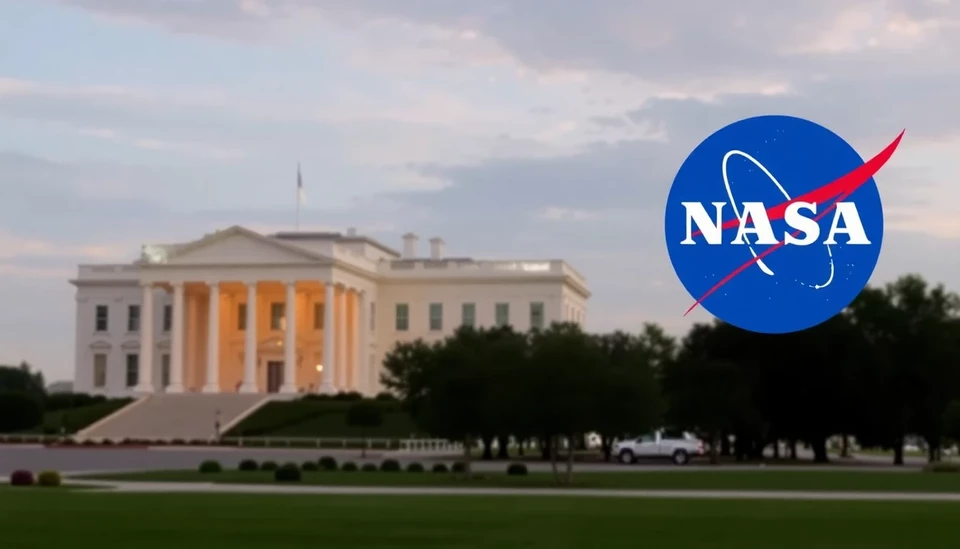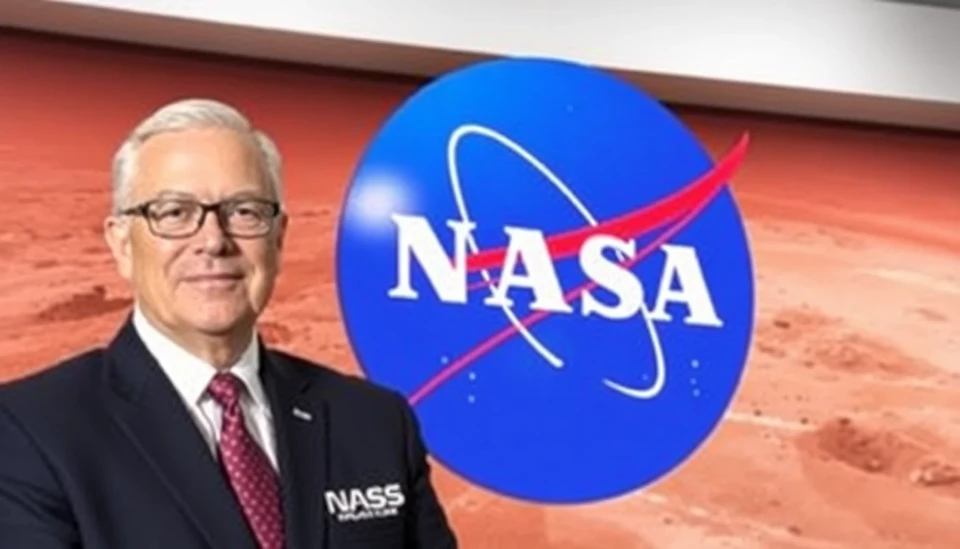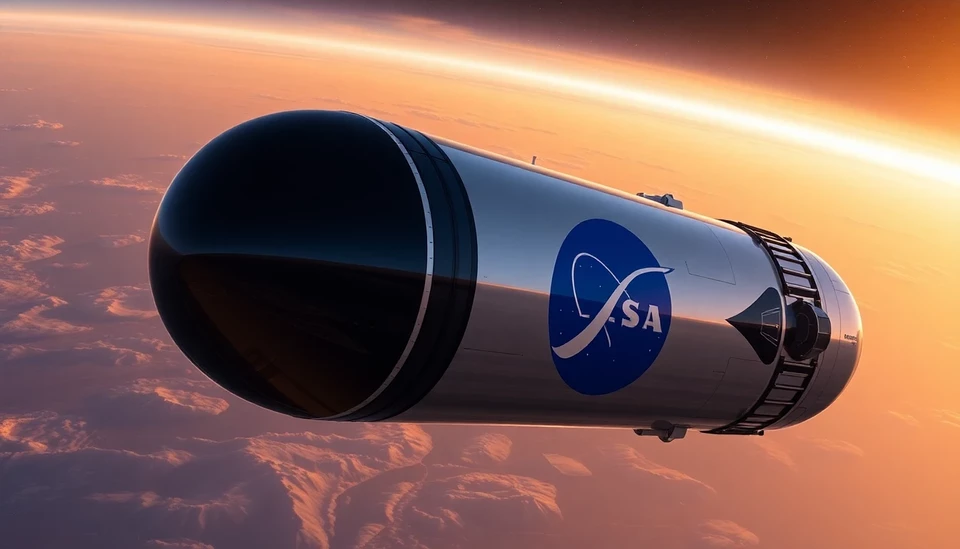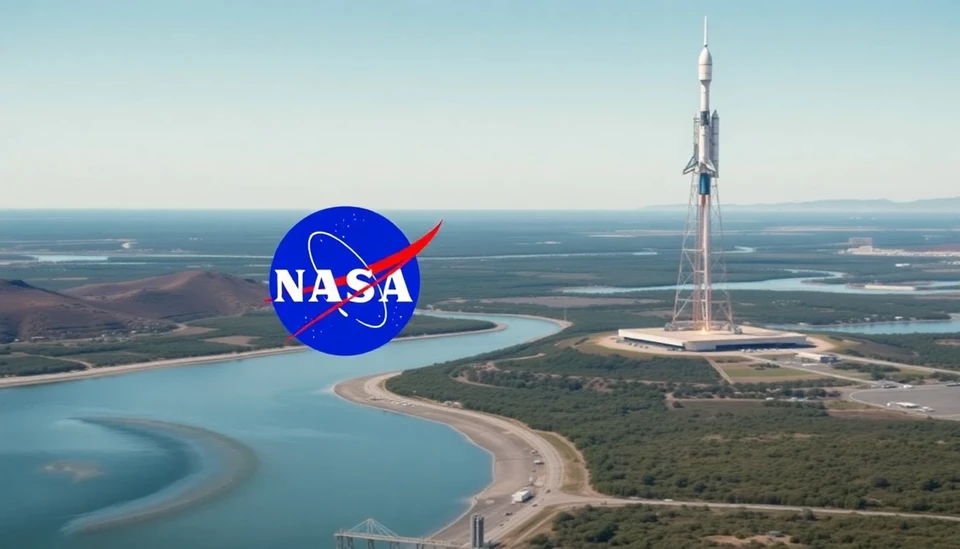
In a significant clash of priorities, Republican lawmakers in the United States are facing a tough decision that pits their commitment to protecting local jobs against the excitement and potential of innovative space exploration initiatives. This dilemma comes to a head as Congress deliberates over funding for NASA, which is encountering pressures fueled by rising demands for budget allocations amidst an increasingly competitive space landscape.
The crux of the issue lies in the ongoing competition between classic NASA-funded projects and newer private sector ventures, particularly those spearheaded by companies like SpaceX and Blue Origin. These private enterprises, renowned for their ability to innovate rapidly and reduce costs, have begun to reshape the dynamics of the space industry, leaving some lawmakers torn between backing traditional governmental initiatives that support local employment and embracing the burgeoning private sector that is pushing the boundaries of space technology.
On one hand, there are concerns from legislators about the impact of cutting funds to NASA while highlighting the importance of the agency in providing stability and jobs in their home states. Many Republican officials hail from regions with significant NASA operations and are understandably worried about job losses that might ensue if projects are privatized or scaled back.
On the other hand, there is a growing pressure to pivot towards more dynamic private sector collaborations, deemed essential for the U.S. to remain competitive in global space exploration. With entities like SpaceX achieving unprecedented milestones, such as reusability of rockets and ambitious plans for Mars missions, some Republicans are advocating for a gradual shift in focus. They argue that by funding new partnerships and setting aside traditional funding routes, America can better position itself for the future of space exploration.
This internal struggle within the Republican Party is reflective of larger national sentiments regarding job preservation juxtaposed with a forward-thinking approach toward technological advancement and economic growth. As lawmakers weigh their options, the coming weeks will be crucial. They will have to navigate these competing goals carefully, as their decisions may have profound implications for both employment in their regions and the United States’ standing in the rapidly evolving space sector.
The outcome of these deliberations will not only affect local economies reliant on NASA but also set the tone for how the government interacts with the private sector in future technological endeavors. This decision-making period signifies a moment where longstanding policies face scrutiny, necessitating an adaptation to the changing realities of the modern space race.
As Congress prepares to make its move, all eyes will be on how Republican leaders balance the interests of their constituents with the strategic foresight needed to harness the exciting changes underway in space exploration. Will they lean towards safeguarding jobs, or will they embrace the bold initiatives that promise to propel the United States forward?
Only time will tell how this pivotal juncture will play out in the larger narrative of the U.S. space program and the economy at large.
#NASA #SpaceExploration #Republicans #Jobs #SpaceX #BlueOrigin #EconomicGrowth #Innovation
Author: Laura Mitchell




